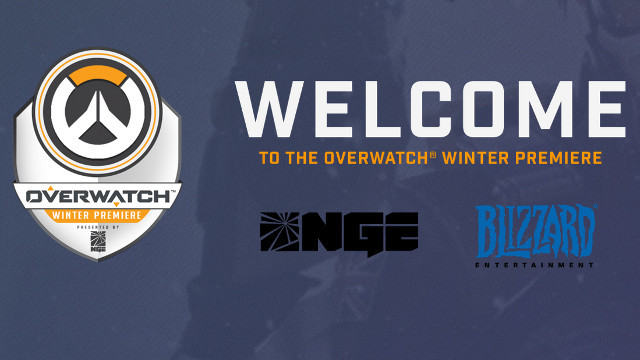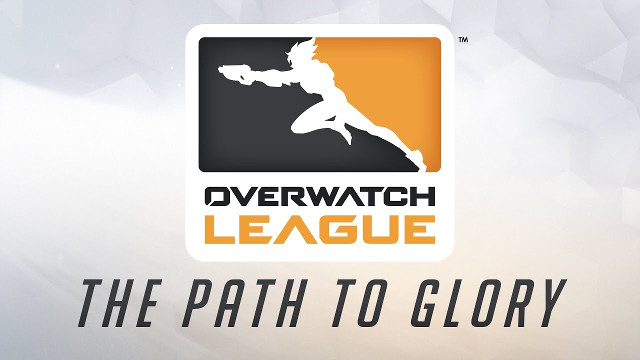By almost every single measure, Overwatch has been a mega-hit since its release almost a year ago. Blizzard's competitive multiplayer shooter just crossed 30 million players, and its revenue is north of $1 billion thanks in no small part to its wildly popular in-game loot box system toward which players have gravitated. Pile on a heap of Game of the Year awards from players, critics and game developers alike, and you have a sure-fire success.
But with eSports, Overwatch's arrival on the scene has been much less momentous. Despite its massive amount of players, Overwatch tournaments struggle to get a lot of viewers, and teams struggle to find worth. This is all supposed to be aided by the addition of the Overwatch League, an ambitious NFL-like proposal by Blizzard that would see geo-located teams draft players and face off in a regular season, post-season and finally championship. While Blizzard should be applauded for setting this lofty goal, it hasn't shown many signs of a successful launch.
ESPN reported today that Blizzard is asking for a $20 million buy-in from each team for management fees, with no guarantee of revenue share until 2021, and Blizzard will take in 25% of any future sale of a team. According to ESPN, that price is simply too high for a lot of team owners. All of this while the Overwatch League is still slated to launch in 2017, a goal seeming even more out of reach than the entire project.
Around the same time, although there's no indication that these are directly related, several professional eSports teams have announced that they are releasing their Overwatch players and focusing their efforts elsewhere. Teams to take this route now include compLexity, Red Reserve, Denial eSports and now Splyce.
Splyce's co-owner Marty Strenczewilk posted a candid video announcing the release of their Overwatch team, as well as putting its finger on a few of the specific issues facing professional Overwatch. Namely, tournament regularity and payouts are an issue facing the Overwatch eSports scene.
"There's a couple of $5k-$10k online cups every so often – that's about it," Strenczewilk said. "Outside of that, there isn't much competitive Overwatch."
This doesn't make it easy for fans to get involved with the competitive scene. Consequently, the few tournaments they do have are scarecely viewed. The Overwatch NGE Winter Premiere, for example, had fewer viewers on Twitch than popular Overwatch streamers.
Strenczewilk also noted that the Overwatch league is a promising idea, but that Splyce feels it's a ways out. This might be Blizzard's biggest hurdle: the perception that the Overwatch League not going to do well for a while. Of course, Blizzard's reported asking price isn't helping team owners feel like the League is a safe bet, asking so much for so little in return.

While many people have speculated that this decision was due to Kraft and the owner of the Miami Dolphins agreements to buy an Overwatch team for the Overwatch League, team members are very quick to dispute this notion. They aren't worried about competition from the League, they're just worried about a lack of competition, they say.
In Red Reserve's announcement, they simply said that Overwatch just hasn't "seen the growth we were prospecting."
Besides, as ESPN pointed out, these deals with NFL teams may have been more PR moves than anything else, at least for the moment. Sources told ESPN that the deal with Robert Kraft, owner of the New England Patriots was more of the "handshake" variety, leaving nothing official.
Of course, until Blizzard comments officially on the state of the Overwatch League, this is all a lot of speculation and conjecture. That being said, the few pieces we do have do not paint a pretty picture for Blizzard's ambitious eSports project with too many teams taking a "wait-and-see" approach. Officially, the Overwatch League will still launch in 2017, but it seems like a very long road.







